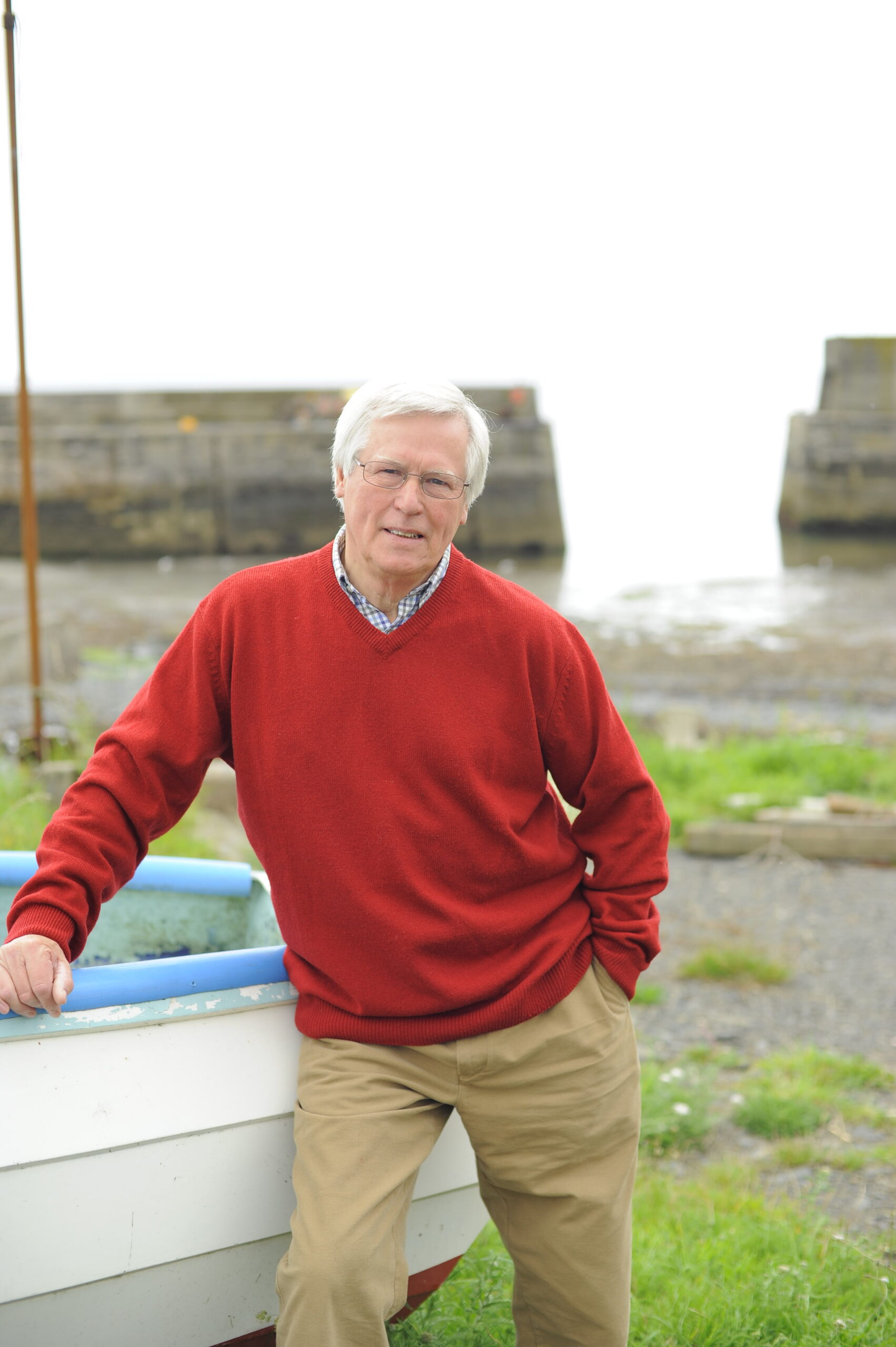On the River Nidd, as it flows through the Yorkshire town of Knaresborough, there is a large natural pool between two weirs that has been a popular spot for wild bathers for many years. Because of pollution, however, the water is sometimes not even fit for dogs to swim in.
I know that because, while filming there for a Countryfile episode to be shown in August, I consulted a new interactive information board along the bank. It’s part of a project led by the Environment Agency and uses QR-code technology to collect evidence from local observers about the state of the river, as well as giving advice. When I punched in a question about dogs, the reply came back: “Due to high levels of e-coli, chemical pollutants and ongoing sewage spills, it’s best to keep your dog away from the water to ensure their safety.”
So even though the pool was granted Dedicated Bathing Water Status last year by DEFRA, it can pose health risks – for example, the e-coli bug causes vomiting and diarrhoea – to both people and animals who go for a dip. At the time of press, the quality was classed as ‘poor’ – there are outfalls nearby – and, with swimmers still using the pool, campaigners are urging Yorkshire Water to make it safe.
What’s happening in Knaresborough is one example from a litany of concerns about wastewater pollution: last year, sewage was pumped into the sea on 35 of England’s 77 Blue Flag beaches, and serious pollution incidents by water companies rose 60%, the Environment Agency says. Parts of Windermere lake, meanwhile, have been turned green by algae bloom caused by sewage. Water campaigner Feargal Sharkey has told MPs: “There is not a single river in the country that is not polluted.”
Sixteen water companies make England and Wales the only countries in the world (apart from Chile) to have a fully privatised system, with much of the ownership in foreign hands. Shareholders are paid billions while everyone who turns on taps finds their bills rising and about one fifth of the water running through pipes is lost to leakages. Sir Geoffrey Clifton-Brown, chair of the House of Commons Public Accounts Committee, wants customers to be told each year what improvements their bills have financed.
What changes are being made to UK water companies?
With leakages and spills making headlines, what is being done to restore faith? A new law will see water company chiefs jailed for up to two years if they cover up illegal sewage spills; some firms have been accused of obstructing investigations and failing to hand over vital evidence. Environment secretary Steve Reed said: “Bosses must face consequences if they commit crimes. There must be accountability.”
During the past decade, bonuses of more than £112m have been paid to water executives: now unfair bonuses will be banned for firms that don’t meet high standards. “Our rivers and wildlife continue to suffer because companies have repeatedly prioritised profit over public health and nature protection,” said Ali Plummer of conservation alliance Wildlife and Countryside Link. “Bonuses should reflect excellence not routine negligence and widespread environmental degradation.”
Another new law, the Water (Special Measures) Act, will force companies to publish Pollution Incident Reduction Plans (PRIPs) every year and report on progress, so we can all see what they are doing to protect waterways. And they will have to consider harnessing the power of nature in the clean-up battle – perhaps creating wetlands rather than recycling centres to process effluent or setting up borders of vegetation next to rivers or streams to protect them from surface run-off.
Firm action is now being taken on polluters and we’ll wait to see how effective it is. As for tap water, DEFRA points out that a crumbling network of piping, a growing population and a warming climate means the UK could run out of clean drinking water by the middle of the next decade without a major overhaul of the infrastructure.
As part of that overhaul, the Government says it has slashed red tape to speed up the planning process so that nine much-needed reservoirs can be built – the first since 1992 – with the potential to provide an extra 670 million litres a day. One thing we can be assured of: our drinking water is safe. How long before we can also say that of the water in our rivers, lakes and around our coasts?
Read more of John's columns
- Scientists strapped tiny data-gathering ‘backpacks’ to English nightingales – and discovered something worrying
- King Charles III is dumping deer bones and dead trees in rivers. Here's how it's saving Scotland’s waterways
- Sniffer dogs and tiny loos: The fight to save water voles gets serious, says John Craven
- Meet the 19th century botanist David Douglas, the man who brought us the Douglas fir
Top image: blue-green algae blooming in Lake Windermere in 2023. Credit: Getty
